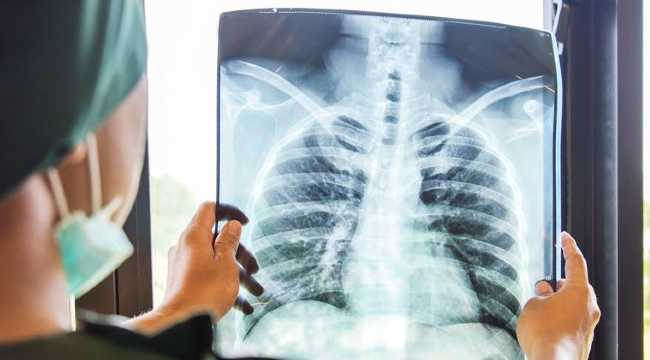Health: Women exposed to air pollution at home and workplace have higher risk of developing breast cancer

Women exposed to air pollution at home and in the workplace have a higher risk of developing breast cancer, according to a study presented at the European Society for Medical Oncology (ESMO) Congress 2023. The research indicates a statistically significant relationship between long-term exposure to fine particulate matter (P.M 2.5, particles with a diameter of 2.5 µm) air pollution and breast cancer risk.
The study compared pollution exposure in the homes and workplaces of 2,419 women with breast cancer to that of 2,984 women without breast cancer. It was found that for every 10 µg/m³ increase in exposure to fine particulate air pollution, there was a 28% increase in the risk of breast cancer. This effect is approximately equivalent to the difference in PM2.5 particle concentration typically observed in rural and urban areas in Europe.
The study also noted smaller increases in breast cancer risk for women exposed to high levels of larger particle air pollution (PM10 and nitrogen dioxide). This suggests that particles of different sizes (PM2.5 and PM10) and gases such as nitrogen dioxide (NO2) have different effects on breast cancer risk.
Notably, air pollution is classified as a Group 1 carcinogen by the International Agency for Research on Cancer, and dirty particulate matter can travel up to 2,500 km to create air pollution. Air pollution is responsible for 25% of all deaths and illnesses related to lung cancer, with at least 14% of outdoor air pollution-related deaths attributed to lung cancer.
Particulate matter PM2.5, considered one of the most dangerous air pollutants and labeled as the ‘invisible killer,’ is not adequately measured in Turkey. The country still lacks a national limit for PM2.5. Only 35% of the Ministry of Environment, Urbanization, and Climate Change’s 365 air quality monitoring stations measure PM2.5. PM2.5 contains heavy metals, polycyclic aromatic hydrocarbons, unburned or inadequately burned fuel gases, sulfur, and nitrogen compounds.
Medical Oncology Specialist Prof. Dr. Mustafa Özdoğan, noting previous evidence that air pollution can alter breast tissue, emphasized the urgent need for laboratory studies to investigate how pollution particles affect the aggressiveness and progression of breast tumors. He stated that strong evidence now exists linking PM2.5 particle exposure to cancer, and reducing PM2.5 levels in the air to the levels recommended by the World Health Organization (WHO) is vital given its association with various tumor types, including breast cancer.
Approximately 2.1 million people are diagnosed with breast cancer each year, resulting in approximately 617,000 deaths. In Turkey, around 22,500 people receive a breast cancer diagnosis annually, leading to about 5,500 deaths due to this disease. (diken.com.tr/meme-kanseri-riskini-artiran-yeni-bir-etken-saptandi)





